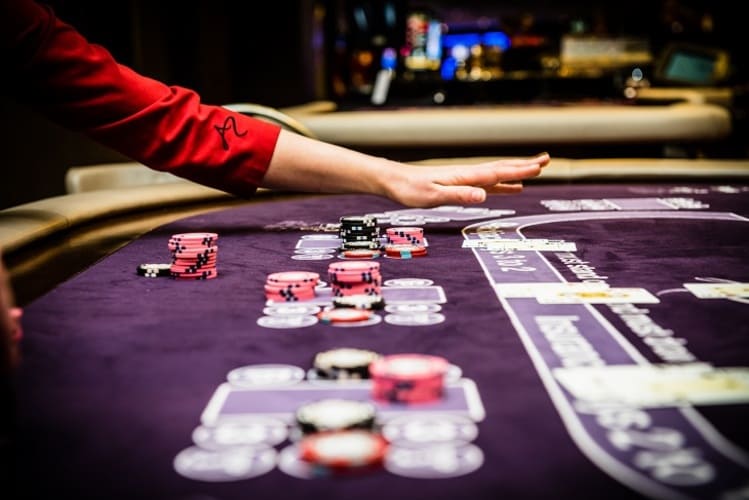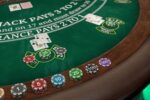The soft 17 is a card that is very useful when playing blackjack. This card has the advantage of giving you the best chance of winning your hand in the end. It is also a good way to double down. If you know what to do, you can make the most of your chances at winning.
Hard 17 rule
In most cases, the Soft 17 rule benefits the dealer. Specifically, the rule allows the dealer to hit on a hand with an Ace, which is the equivalent of the Soft17 in blackjack. It also helps the dealer make better hands. The total value of the soft 17 hand can be as high as seven.
However, the Soft 17 rule does not actually benefit the player much. Rather, it increases the house edge. For example, the casino is now able to gain a 0.20% advantage over the player. This equates to a 0.44% advantage in a typical game with double decks and doubling restrictions.
The Soft 17 is an interesting card because it contains the ace, which can be counted as either one or eleven. The ace can also be played at its value of one, which is worth seven. Lastly, the ace can be used to give the player a safety net against a bust.
Hitting soft 17
If you’re playing blackjack, you may have heard of the soft 17 rule. This is a rule that allows the dealer to hit rather than stand. The house edge is raised, but the advantage is not that significant. In most cases, this rule is a good thing for the dealer.
One of the best reasons to hit is because it increases the odds of making a better hand. For example, if you have a soft 17 you can make a hand with an Ace as the upcard. You can also make a hand with a six.
Aside from the obvious advantages of a soft 17 (increased odds of winning, reduced chance of busting, etc.), you should also consider how hitting on the soft 17 will increase the house edge. Although the house edge is increased, you can still improve your odds by increasing your bet size, betting with a higher denomination, and taking advantage of the game’s surrender rule.
Standing on a soft 17
Standing on a soft 17 in blackjack is not a good strategy for many reasons. Aside from losing money, there is the fact that the house edge increases. The house advantage in blackjack increases by 0.22% when the dealer hits on a soft 17. It is important to know how to play this hand in order to get the best possible results.
The first thing you need to remember when dealing with a soft 17 is that the odds of doubling down on this hand are a lot lower than those of hitting. This means that your average profit per dollar of your initial wager is going to be less than 46.2 cents.
Another reason you should avoid standing on a soft 17 is because the dealer will have an upcard of six. While this is not as weak as a 7, the small upcard increases the likelihood that the dealer will go bust.
Double down against dealer upcards 7 through ace
If you’re playing against the dealer’s upcards, there are a few things you must keep in mind. This will help you get the most out of your game. The first thing you need to know is that the upcards are not the only cards to look out for. Other cards to watch out for include the deuce, which is considered a stand. Also, you must never double down against the dealer’s deuce. That’s because it’s not a good bet, and you might lose.
The other cards to keep in mind are three, four, and five. These will all be difficult to make totals with. But they’re not bad cards to look for. Moreover, a hand starting with two cards that total 11 is the perfect hand to double down on. You can also double down against the dealer’s upcards 3 through 6.
Lastly, you must be careful when you’re doubling down against the dealer’s upcards. This is because you don’t want to end up going bust. To avoid this, you must get close to 21, but not go over. Secondly, you need to ensure that the second bet is equal to the first.

